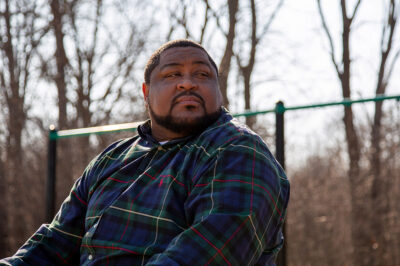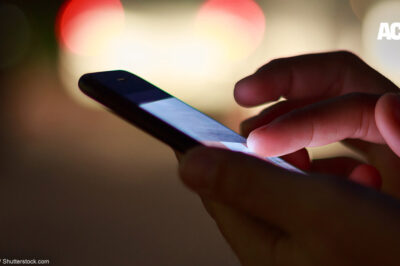Government Calls Two Witnesses; MIT Expert Will Testify for Plaintiffs on PICS Standards
FOR IMMEDIATE RELEASE
NEW YORK-Government lawyers today notified the ACLU that they plan to call two witnesses in the next two days of hearings to determine the future of free speech in cyberspace.
An expert witness for the plaintiffs will also appear to offer testimony on a technical standard that allows parents to impose limitations on children’s access to certain information on the Internet.
The government will call only two witnesses to make their case: Dr. Dan R. Olsen, Jr., Ph.D., Professor of Computer Science, Brigham Young University; and Special Agent Howard A. Schmidt, Air Force Office of Special Investigations.
According to DOJ lawyers, Dr. Olsen is expected to testify “concerning technical issues related to the ‘safe harbor’ defenses under the Communications Decency Act of 1996.” Special Agent Schmidt “is expected to present a demonstration and testify concerning access to information, including sexually explicit material, that is available online.”
The witnesses are scheduled to appear on April 12 and 15 in the following order:
1. Special Agent Schmidt (DOJ)
2. Dr. Albert Vezza (ALA)
3. Dr. Dan Olsen, Jr. (DOJ).
The government did not indicate whether Agent Schmidt’s demonstration would involve an Internet hook-up in the courtroom, as was the case when plaintiff witness Ann Duvall gave the judges a tour of the Internet and demonstrated SurfWatch blocking software.
An additional plaintiff witness, Dr. Albert Vezza, will be appearing on April 12 to present testimony regarding PICS (Platform for Internet Content Selection), a programming standard designed to allow parents, teachers, or other supervisors to voluntarily impose limitations on children’s’ access to certain information on the Internet. Dr. Vezza is associate director of the MIT Laboratory for Computer Science and has chief responsibility for the PICS project. (Dr. Vezza was unable to testify during the other plaintiff hearing dates due to scheduling conflicts.)
The consolidated cases of ACLU v. Reno and American Library Association v. U.S. Department of Justice challenge provisions of the Communications Decency Act of 1996 that criminalize making available to minors “indecent” or “patently offensive” speech.
According to procedures laid out by the judges, direct testimony will be submitted by affidavit, and lawyers from the ACLU and ALA coalitions will cross-examination the government witnesses. Government lawyers will have an opportunity to re-direct, and judges can also question the witnesses from the bench.
Following the two days of testimony on April 12 and 15, the next hearing date in ACLU v. Reno is April 26, when ACLU and ALA lawyers will have an opportunity to present witnesses rebutting the government’s testimony.
Final arguments by plaintiff and defense attorneys are scheduled for Monday, June 3, and the judges are expected to issue a ruling sometime in the weeks following. Under expedited provisions, any appeal on rulings regarding the new censorship law will be made directly to the U.S. Supreme Court.
Lawyers for the ACLU appearing before the judges are Christopher Hansen, Marjorie Heins, Ann Beeson, and Stefan Presser, legal director of the ACLU of Pennsylvania.
Stay Informed
Sign up to be the first to hear about how to take action.





